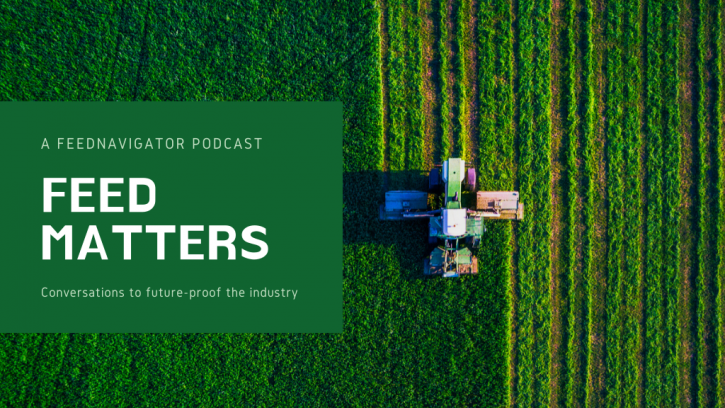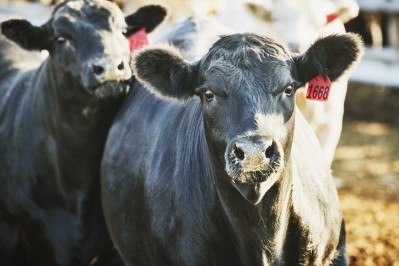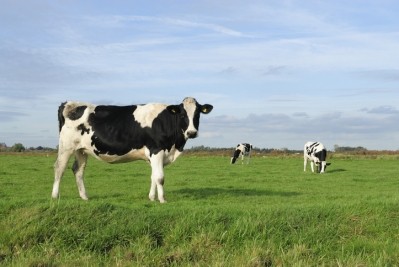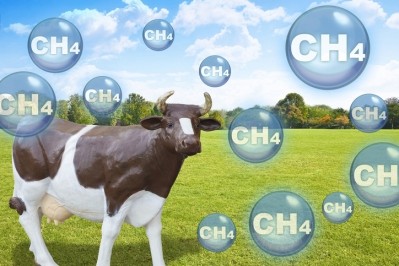Expert opinion: More research is needed on longer term effects of methane inhibitors

He is an associate professor at the Animal Nutrition Group, Wageningen University & Research (WUR), in the Netherlands.
When asked whether academia and industry know what really works now in terms of dietary interventions to reduce methane emissions in beef and dairy cows, he told FeedNavigator:
“We've got good measurement techniques to allow us to accurately determine methane emissions. Worldwide, obviously, there is a lot of research going on in cattle. A lot is happening, but, as a researcher, I always say we need to know more.
“In particular, we need to know more about the long-term effects of some strategies. And secondly, we know that it will not be one strategy that will [prove to be a] silver bullet. We are probably going to have to combine different strategies to reach our targets [to help the sector limit its share of global warming to the 1.5°C target by 2030], and there is little research on the impact of combining strategies, whether the effect will be additive or whether there will be trade-offs between different strategies.”
Global review of methane inhibitors
Dijkstra was one of 24 experts from top level institutes around the world who reviewed hundreds of peer reviewed studies to determine strategies that could best decrease product based or absolute enteric methane emissions by ruminants. Their findings were published in May 2022.
And there were some striking results. “The first one is that of those 100 strategies [evaluated] around two-thirds or so did not lead to a significant decrease in methane. So, a lot of strategies that we see in literature or in the [mainstream] press that are being touted as effective methane mitigation strategies actually simply do not work, or at least do not have a significant impact, which is a major finding,” said Dijkstra.
But those experts also identified a few effective ways to cut methane output in cows.
They found three strategies related to feed management that could reduce methane emission per unit of meat or milk by an average of 12% while increasing animal productivity. The strategies were increasing feed intake level, having ruminants graze on less mature grass, and feeding increasing levels of concentrate.
In addition, he said the authors identified five strategies that on average not only reduced methane per unit of product by 17%, but also reduced absolute methane emission by more than 20%, with minor effects on animal productivity. The strategies include supplementing animals with methane inhibitors, oils and fats, oilseeds, and nitrate along with feeding tanniferous forages.
In Europe, Dijkstra pointed out that the findings show that full adoption of the two most effective strategies could meet the 2050 climate targets.
In Africa, by contrast, the identified strategies would not be sufficient to fully meet either the 2030 or 2050 target due to Africa’s growing human population and per capita demand for animal products, which are expected to lead to a substantial increase in livestock production and greenhouse gas emissions.








